
For the sake of making our hair go smoothly and look less messy, we frequently brush our hair. But are you brushing your hair in the right way? If the method is incorrect, it will bring about harm to our hair, such as dryness, split ends, and breakage. While the correct approaches to brushing will bring a variety of unexpected effects to our hair. Therefore are you curious about how to brush your hair correctly? If you would like to know how to brush your hair the right way, take a look at this blog.
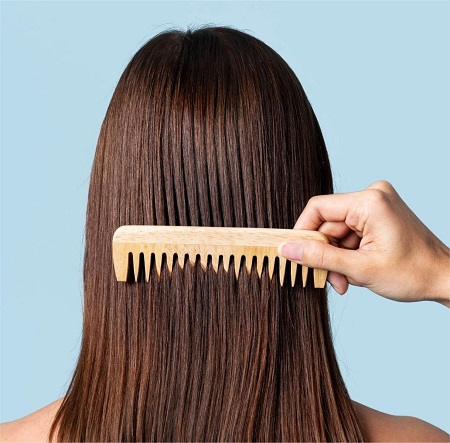
For years, brushing your hair a hundred times a day was thought to be the secret to better-looking, healthier, and stronger hair. However, this is not true as too much brushing generates friction and damages the scalp cuticle, which can give rise to breakage and split ends.
Based on experts’ suggestions, you should keep brushing your hair twice a day - once in the morning and once in the evening. But if you have curly or highly textured hair, in order to preserve the volume and texture of your hair, then you should not brush your hair as often.
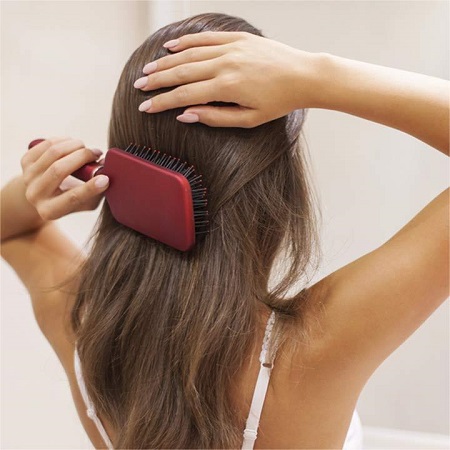
When you don't brush your hair, the natural oils generated on your scalp are inclined to remain on top of your head. While brushing your hair redistributes your hair's natural oils to each strand, therefore it not only assists to moisturize your hair for a shinier finish but also discourages the appearance of greasy hair.
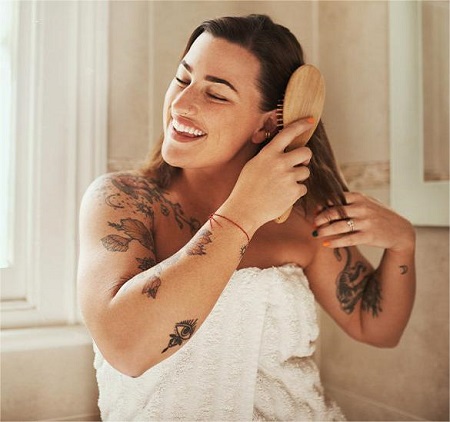
Brushing your hair can serve as a scalp massage and is extremely favorable for the health of your hair and scalp. Brushing hair can provoke the epidermis and hair follicles, consequently, it can assist relieve stress, ameliorate blood circulation, and bring oxygen and nutrients to the hair shaft. What's more, it can even better some scalp problems, such as excess scalp oil and dandruff.
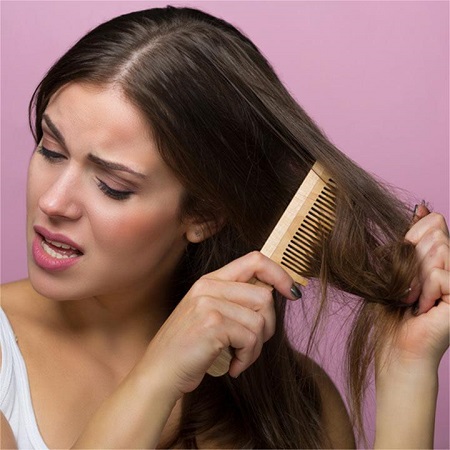
How do you feel about tangles and knots in your hair? Annoying, right? And if we don't deal with them, it can make our hair look messy and can even lead to hair loss. Accordingly, we need to brush our hair as it can prevent our hair free of knots and tangles, and make it softer and smoother.
We often use a variety of hair care products to nourish our hair, and if they are not absorbed by the hair, they may accumulate on the hair and scalp and affect our hair growth. But brushing your hair can completely remove product buildup, dry skin, and impurities from your scalp, which can encourage hair growth.
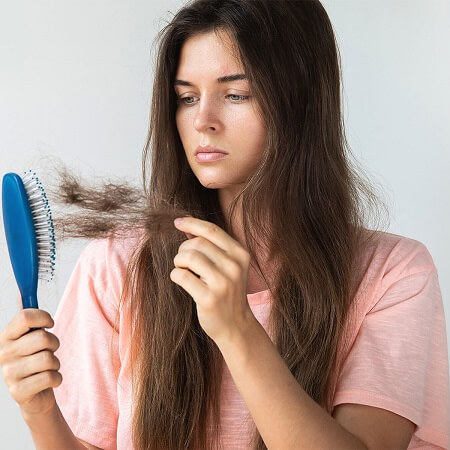
Brushing your hair plays a significant role in removing loose hair. Typically, we lose around 50-100 hairs a day, and if we don't get them out of our hair in time, they can lead to tangles or knots, which makes our hair look messy. Consequently, we need to brush our hair for the sake of having a wonderful appearance.
Do you know how to brush your hair correctly? If you don’t know, we will provide some right approaches for you, you should read them carefully and remember them.
Do you suppose one size brush is right for everyone? Think again. The size, material, and bristle length of your hairbrush will all have an effect on how you feel. Accordingly, choosing the right comb is the first step in properly brushing your hair.
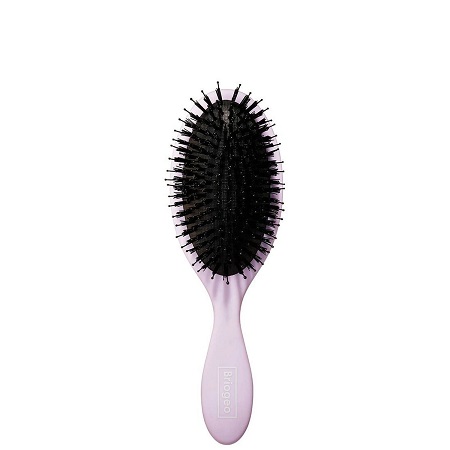
For natural hair: When brushing, choose to use a natural bristle brush. Natural hair is more prone to drying and breaking, so using a bristle brush can assist minimize static and permit you gently detangle your hair.
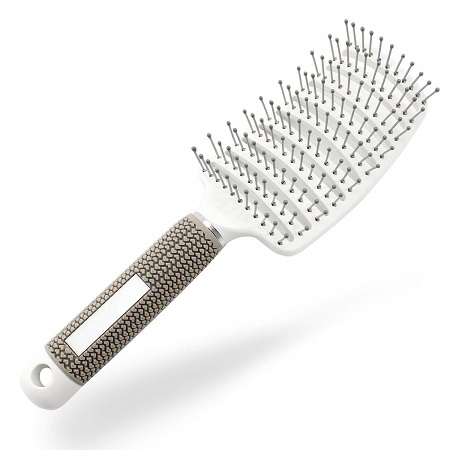
For damaged hair: Hair that has been bleached or feels damaged in any way needs to be handled with care. If you have damaged hair, then you can pick up a vented brush, which gently untangles any knots.
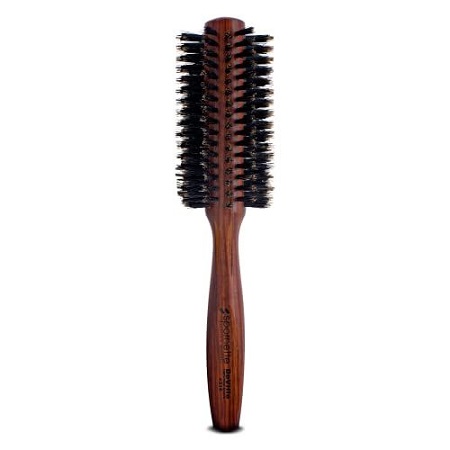
For fine hair:If you want to add volume to the roots, a round brush is all you need. At the same time, you can also style with a blow dryer, which lifts the hairs off and away from the scalp, making them appear thicker.
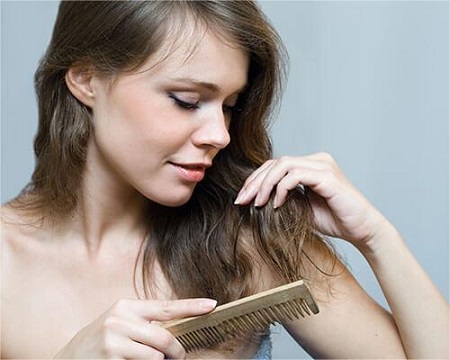
Remember not to use too much force when brushing your hair. Because pulling the hair too hard can put too much pressure on the roots, it can give rise to hair loss. You can divide your hair into two equal sections and brush it slowly, and if you encounter tangles, handle them gently. You need to remember that the less pressure you use when brushing, the better.
If you have naturally curly or frizzy hair, do not brush it after it has dried. Since curly hair is dry and brittle, brushing it when it's not wet can result in breakage and split ends. If you want to keep away from frizz, it's best to brush curly or wavy hair when it's wet.
Over-brushing your hair can do more harm than good. It can rub and damage the cuticle of the hair, causing damage to the hair and causing dull strands. Therefore, brush your hair as little as possible for smooth combing.
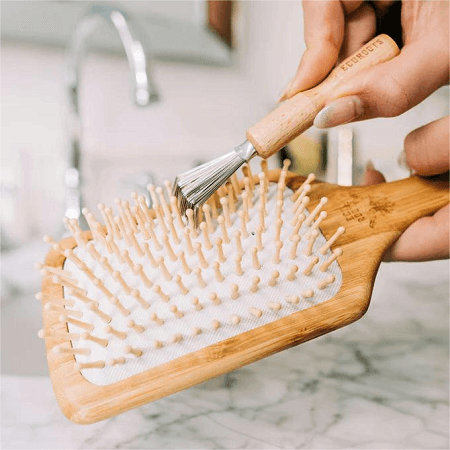
Your hairbrush contains bacteria and grime that build up every day. These bacteria and dust cling to your comb and can cause damage to your scalp if not cleaned in time. And if you have dandruff, every time you brush your hair, you're accidentally returning it to your scalp. Therefore, it is important to wash your comb regularly for scalp and hair health.
After reading this blog, you must have known how to brush your hair correctly.
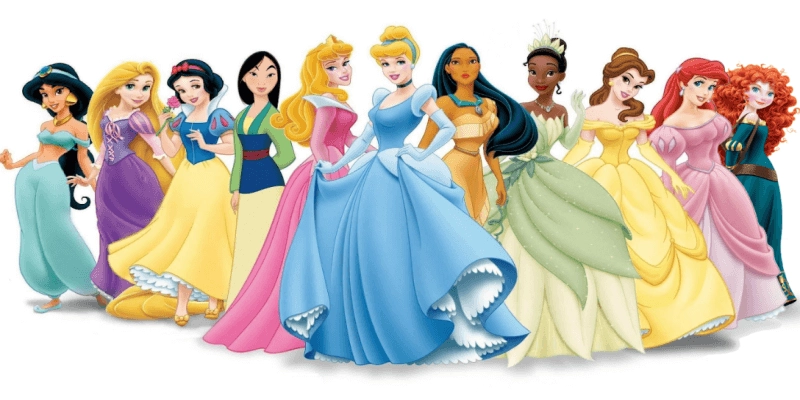 8 Disney Princesses Hairstyle Collection-You Don't Miss
8 Disney Princesses Hairstyle Collection-You Don't Miss
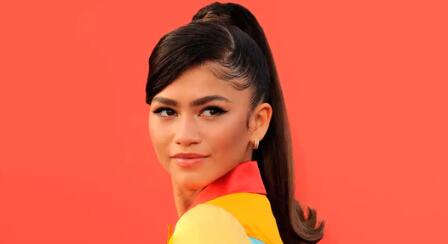 Swoop Ponytail: How do You Tie a Unique Hairstyles?
Swoop Ponytail: How do You Tie a Unique Hairstyles?
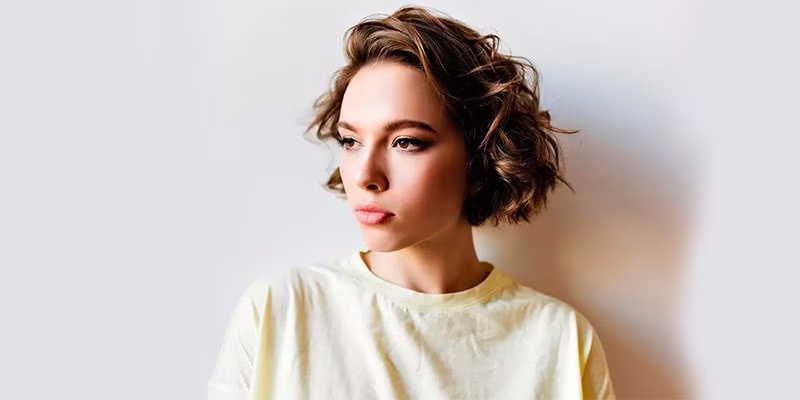 2023 Hottest Trend: Curly Bob Haircuts
2023 Hottest Trend: Curly Bob Haircuts
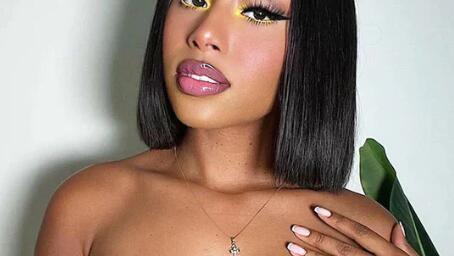 U Part VS V Part Wigs, Which One Is Better?
U Part VS V Part Wigs, Which One Is Better?